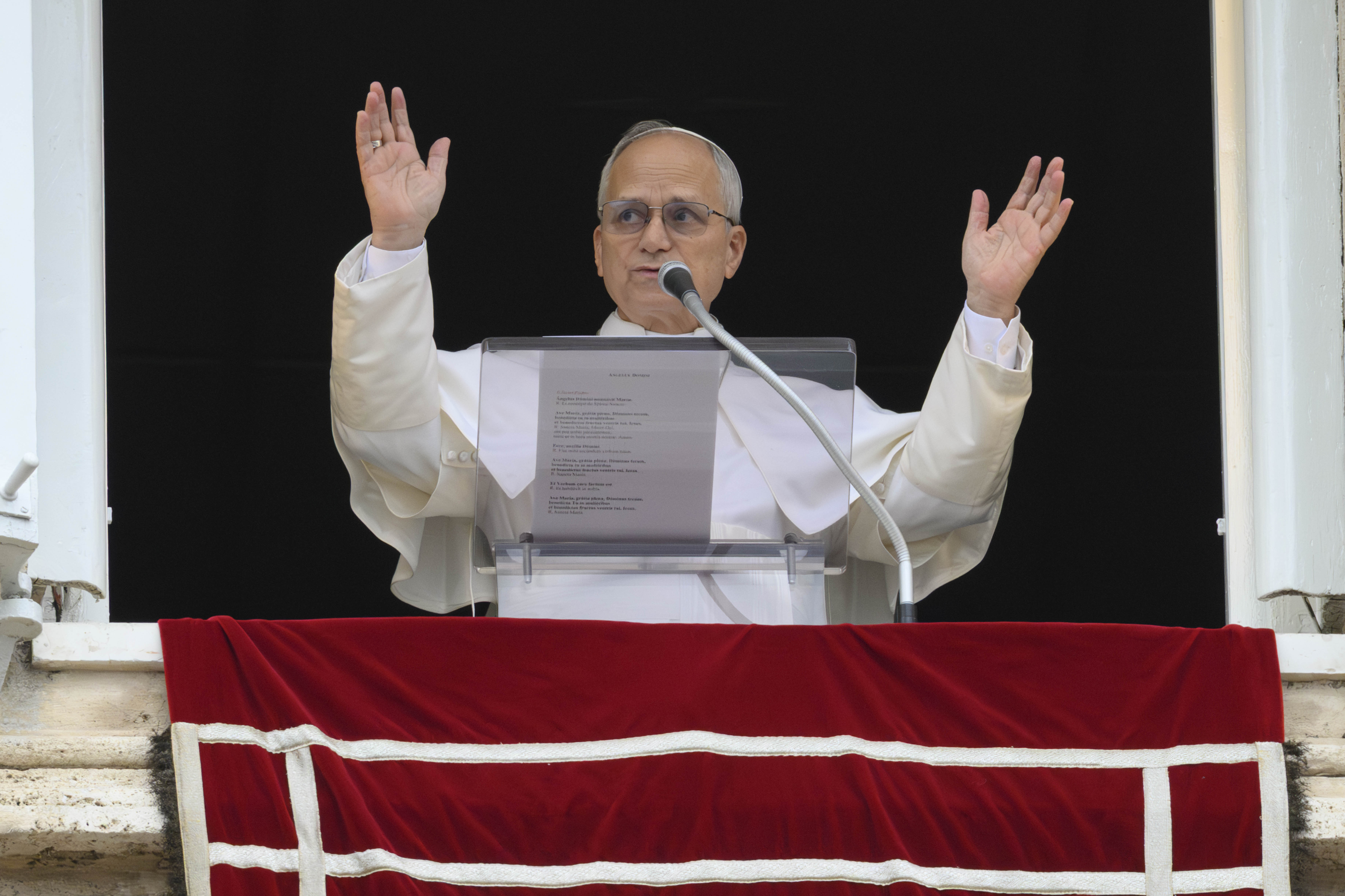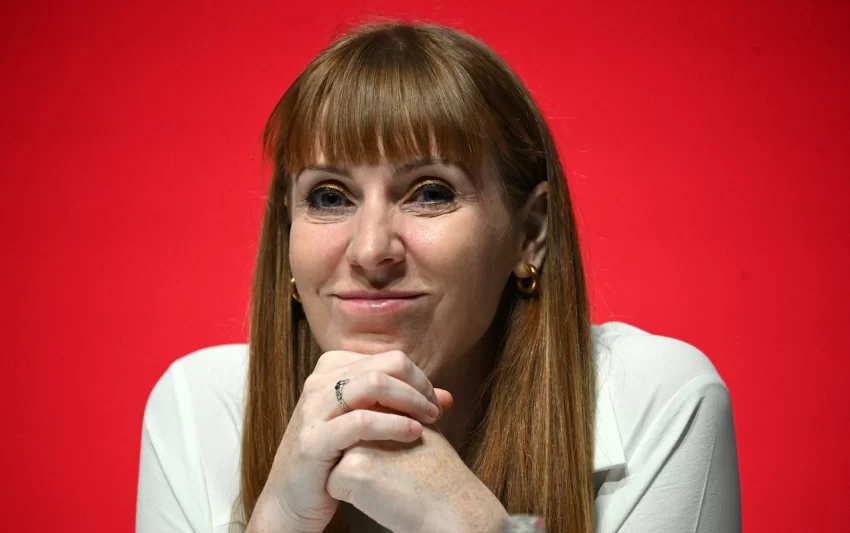It should be clear by now that Trump isn’t, and never will be, an ally
Josep Borrell Fontelles is the former EU high representative for foreign affairs and security policy. Guy Verhofstadt is a former prime minister of Belgium and president European Movement International. Domènec Ruiz Devesa is a former MEP and president of the Union of European Federalists.
It’s become tradition for pro-Europeans to chart their political course from Ventotene, where Altiero Spinelli wrote the manifesto “For a Free and United Europe.” Recalling that spirit has never been more urgent than it is now.
Our union appears dangerously fragmented and weak, stuck in a hostile internal and external environment. Home to just 5 percent of the global population and a widening economic gap with other major powers, Europe isn’t just facing up to a world of continental empires but is at real risk of becoming America’s vassal.
This became apparent after the nonreciprocal concessions made to U.S. President Donald Trump on defense spending and trade, as well as Europe’s acceptance of a junior role in handling the war in Ukraine. Moreover, from Gaza to Nagorno-Karabakh, the EU’s involvement in conflicts abroad has become largely irrelevant, either due to its lack of credible international standing or unity.
Domestically, European Commission President Ursula von der Leyen’s second term has been counterintuitively marked by the undoing of the Green Deal — the flagship project of her first term — as if climate change isn’t getting worse. The Commission has also proposed an underwhelming Multiannual Financial Framework with no real increase, thus sacrificing cohesion policy to new priorities in defense products and research. Meanwhile, the Euroskeptic and Europhobic populist far right has never been stronger in member countries or EU institutions.
The current EU chiefs suffer from a lack of long-term political vision, leadership and unity.
For now, an unlikely alliance of Trump sympathizers and nostalgic Atlanticists appear to be dominating both the European Council and the Commission. Thus, the prevailing line has been to flatter and appease the U.S. president in the hopes of damage control, in turn fostering our political, strategic and even economic dependency on Washington — and it’s hardly working.
For Trump, contracts only bind the other party — not him. And far from avoiding punitive tariffs or strengthening his support for Ukraine, agreeing to spend 5 percent of GDP on defense and buy more U.S. weapons and natural gas hasn’t even increased his commitment to collective security. Instead, from minerals deals to weapons sales, this has largely become a purely transactional affair based on advancing U.S. economic gains — and luck.
Paradoxically, the lack of serious engagement from Russian President Vladimir Putin in starting a negotiated settlement is preventing Trump’s attempted delivery of a deal on Moscow’s terms.

It should be clear by now that Trump isn’t, and never will be, an ally. His America constitutes a huge geopolitical, economic and cultural shock to Europe. But becoming a U.S. protectorate isn’t inevitable — especially given increasingly indignant public opinion over the series of concessions and humiliations we’re witnessing.
There is an alternate path. A reinvigoration of a pro-European majority in the bloc’s three institutions — particularly the European Parliament — could still lead to the self-determination of our destiny. The Parliament has the constitutional role of controlling the Commission and could call for a new direction, as it holds the power to censure it. For a start, the Parliament could block the reduction of tariffs on U.S. products — a move that would surely be popular with voters and would signal that Europe’s readiness to stand up to blackmail.
Furthermore, we need to strengthen our political union, overcome the veto-cracy that allows Hungarian Prime Minister Viktor Orbàn to block the EU’s military assistance to Ukraine, and build our own defense system — one that isn’t reliant on the U.S. and can instill fear in the Kremlin.
Once again, these decisions will be quite popular with most EU citizens. As former European Central Bank President Mario Draghi said, we won’t be a geopolitical power just by relaunching our internal market and competitiveness agenda. We need to become a federal union that isn’t constrained by unanimity requirements or a lack of proper competencies in foreign and security policy.
Leading member countries should immediately take the initiative to start activating its common defense clause and reform the Treaties in alliance with the Parliament, which holds the power to veto the budget. Otherwise, a coalition of the willing should launch a new “European Defense Community” with a parliamentary and fiscal dimension, and is open to all member countries interested in joining.
If no action is taken, and we wait for the next crisis to improvise on hard decisions, Europe as a political project risks dying.




















:quality(85):upscale()/2023/09/18/918/n/1922398/a1136b676508baddc752f5.20098216_.jpg)
:quality(85):upscale()/2025/10/09/670/n/1922283/00b944c868e7cf4f7b79b3.95741067_.jpg)
:quality(85):upscale()/2025/10/15/765/n/1922398/29c37a6e68efd84bb02f35.49541188_.jpg)
:quality(85):upscale()/2025/09/09/891/n/1922283/7222624268c08ccba1c9a3.01436482_.png)
















